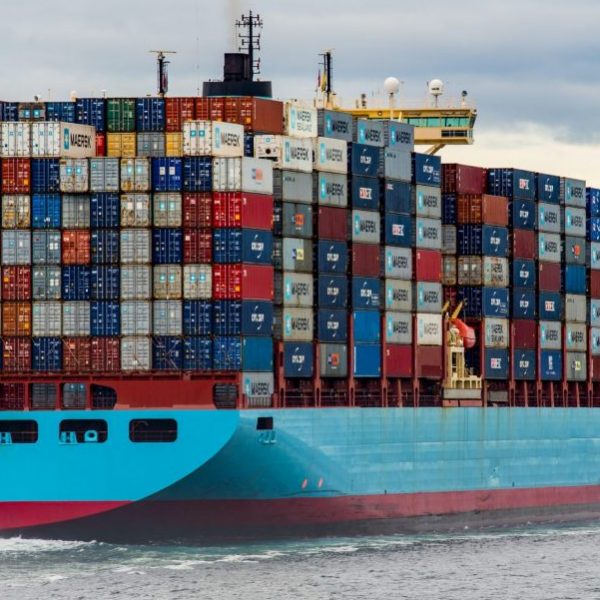Globalization Is Not America’s Most Wanted
The “economy” has practically become a dirty word now. It’s usually the answer to the question, “What issue concerns Americans the most?” and has led to frantic searches for explanations. The mess of a recession is Bush’s fault, Obama’s fault, no, wait, it’s the fault of Wall Street—Osama bin Laden—global warming—Arnold Schwarzenegger—forgot where we were going with this (just blame the Greeks). Whatever the “real” cause, one of the major scapegoats for the “Great Crisis,” as Gary Clyde Hufbauer and Kati Suominen call it, is globalization. In their book Globalization at Risk: Challenges to Finance and Trade, they argue that while globalization had a role in creating our current situation, we don’t have to send the Navy SEALs after it.
 Hufbauer and Suominen warn that the “antiglobalizers’” call to isolationism will not solve the problem. In an economy where even during the recession, the global market has become even more interdependent and the global GDP has increased in unprecedented amounts, a move away from globalization will only hurt the United States. They call globalization a “handmaiden” to the failures at the core of the economy, those of Wall Street and Washington. Individuals’ poor choices and lack of understanding how the new, global system works does not incriminate globalization on its own.
Hufbauer and Suominen warn that the “antiglobalizers’” call to isolationism will not solve the problem. In an economy where even during the recession, the global market has become even more interdependent and the global GDP has increased in unprecedented amounts, a move away from globalization will only hurt the United States. They call globalization a “handmaiden” to the failures at the core of the economy, those of Wall Street and Washington. Individuals’ poor choices and lack of understanding how the new, global system works does not incriminate globalization on its own.
With a global market comes new forms of vulnerability. An isolated country would not be at risk when another country’s marketplace fails. The authors recognize that now, “When China coughs, Thailand gets the flu.” They also believe, though, that with certain precautions, the global economy will be much wealthier and more productive than a series of isolated economies, which has already been proved. Hufbauer and Suominen’s recommendations range from the specific, such as citizen-based, portable health care to provide labor mobility, to the large-scale, like the interaction of established and rising global powers to reach multilateral agreements. The end of capitalism does not approach; rather, with the right security, we may eventually reach a stronger, global capitalism.



